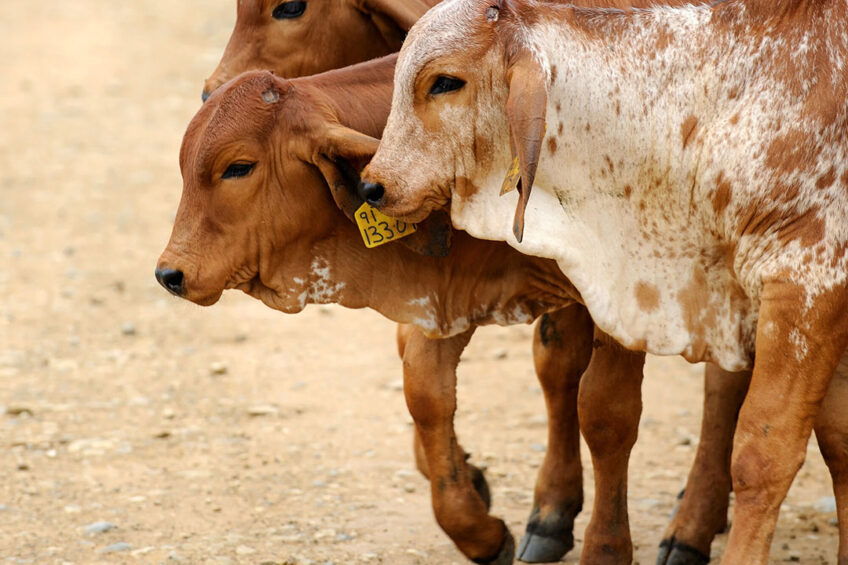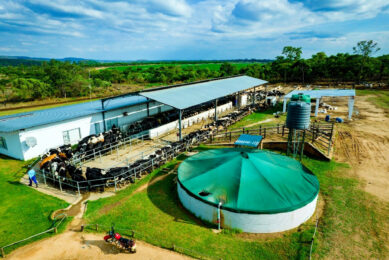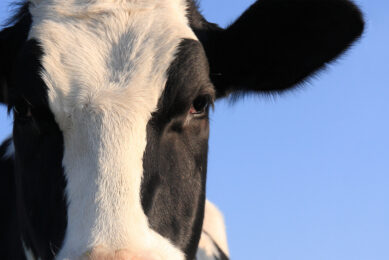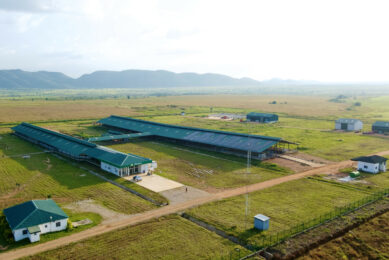Improving African dairy cows with precision crossbreeding

Acceligen, a Recombinetics Inc. company, received a grant to develop bovine genetics optimised with traits desirable to smallholder dairy farmers.
The grant was provided by from the Bill & Melinda Gates Foundation. The breeding program will contribute to more sustainable production by using traits that will increase farmer income and improve animal health for Sub-Saharan Africa (SSA) dairy systems, according to a press release.
Genetic improvements
The company received the US$3.68 million to deploy a suite of traits into commercially important dairy animals with high genetic merit for production and durability. This will be accomplished by gene editing multiple traits in a series of donor animals in the USA and Brazil. Primary traits include adaptation to tropical heat and milk yield, while traits for adaptations to local diseases and management preferences will also be added using input derived from smallholders. Complementary efforts are also in place to support regulatory review and other commercialisation activities for these animals in SSA target countries.
 Feeding the future: A sustainable approach to dairy farming
Feeding the future: A sustainable approach to dairy farming
What does the science say? What is the data telling us?
“A critical part of this effort is to introduce multiple adaptation traits into the founder animals, so that their hybrid progeny are fully functional in tropical environments,” stated Tad Sonstegard, CEO of Acceligen and project lead. Native dairy animals, although typically well-adapted to local environmental conditions, have been under little or no selection for milk production. Sonstegard also stated: “When we combine gene editing with top merit animals using advanced reproductive technologies from our partners Kheiron (Pilar, Argentina) and TransOva Genetics (Sioux Center, IA), we can make significant genetic improvements for well-adapted, high yielding dairy cows. Our goal is to get these animals into the hands of smallholder farmers.”
Sustainability
The current SSA dairy animals generally have a much higher ratio of greenhouse gas to animal protein output compared to breeds developed in the EU and US. “By gene editing animals to be more sustainable and enable smallholder farmers to better provide for their families, this project exemplifies what Acceligen is really about,” said Sabreena Larson, director of commercial operations, in the press release.
Source and more info: Acceligen.com
Join 13,000+ subscribers
Subscribe to our newsletter to stay updated about all the need-to-know content in the dairy sector, two times a week.










